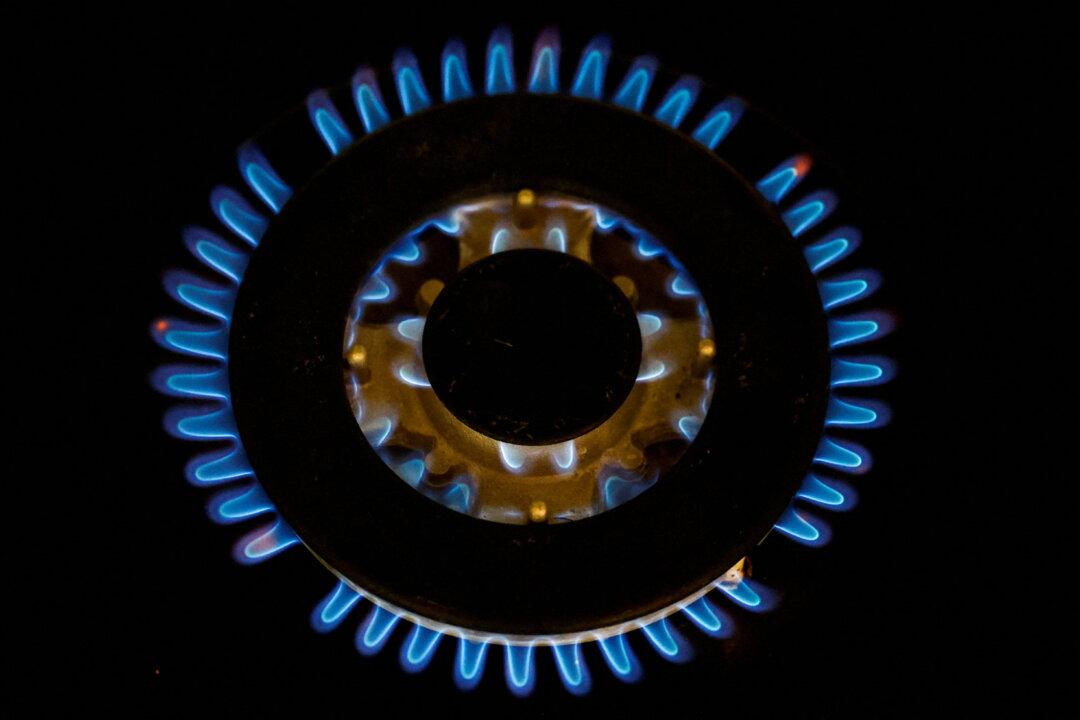A surprise motion to start a residential gas ban passed by a city council in Sydney could prompt other parts of New South Wales (NSW) to follow suit, effectively undermining the state government’s energy policy and affecting the lives of thousands.
The City of Sydney Council has made headlines after it initiated a vote on a motion (pdf) to investigate the possibility of requiring all new home and business developments in the council area to exclude gas connections on Aug. 21, which contradicts the NSW government’s direction.





